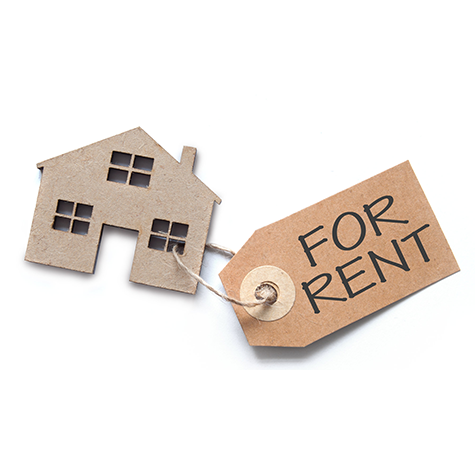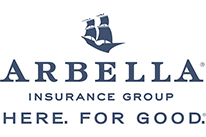When you rent an apartment or a house, you might assume that everything related to insurance is your landlord’s responsibility. While it is true that the owner of the property is the one to ensure it, it does not mean that your belongings will also be covered. Your landlord's insurance will only cover the outer property, i.e., the building and fixtures, leaving most of the things inside, such as your furniture and valuables, without coverage in the event of a disaster.
While insurance can save a lot of trouble in case of a natural disaster, only 41 percent of renters have insurance (2016). If you think it is time to take the plunge and get insured or swap out your current policy, keep reading..


While your landlord's insurance covers the property structure itself, including anything the landlord owns, it does not protect the renter’s property. This is where renters insurance (sometimes also known as tenant insurance) comes in. It includes three types of protection::
When you decide to purchase personal property coverage, you need to estimate the total value of your belongings. One way to do that is to use a personal property calculator. Additionally, it is useful to create an inventory of all of your belongings at your rental place. Try to review your belongings at least once a year to correctly estimate the total value of your property whenever you need that information.
When insuring personal items, there are two main types of coverage: actual cash value and replacement cost coverage.
If you own expensive jewelry, antiques, or other collectibles, then even the replacement cost coverage might not cover their value. Make sure to bring that up with the insurance agent and if necessary, opt for additional insurance policies to ensure all your valuables are protected.
Contrary to popular belief, renters insurance is extremely cost-effective. The national average is just $187 a year, which amounts to around $15 per month. For most tenants, this is remarkably affordable. Despite the affordability, you can still save money if you compare the prices of different insurance policies and look for the best deal.
Here is a list of tips to consider when looking for renters insurance:

As mentioned above, the structures and fixtures are typically covered by the landlord's insurance policy, whereas renters' insurance covers the renter’s items and any damage that might result from their actions. However, that does not mean that the basic renter's insurance policy will stand in every situation. Most renter's insurance policies exclude damage from natural disasters, such as floods and earthquakes. To avoid another disaster in your wallet when a flood or earthquake hits, it is often necessary to obtain additional policies. If you are not sure whether you are covered, it is always a good idea to speak to your insurance agent.
If you have a roommate, you can decide to purchase separate coverage for your own property. When you and your roommate purchase different policies, then your coverage will only apply to your property and the same goes for your roommate.
You could also share an insurance policy together with your roommate and potentially lower monthly bills. However, this could complicate things in the future, since your roommate’s claims will also be included on your record and when your roommate chooses to move out, it can cause financial disagreements.
To learn more and ensure your condo with the best policy on the market, you can email our experts at Econosurance who would be glad to help you out.




